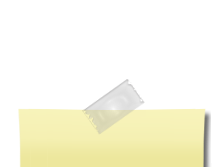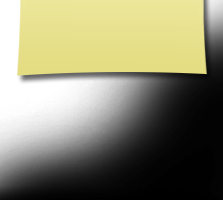VARIOUS TOPICS
| Forum: Memory Quizzes--just for fun | ||||||||||||||||||||||
|
||||||||||||||||||||||
|
Maria de Melo Gulla
 Posts: 159 View Profile |
Presidents' Day Quiz Posted Sunday, February 13, 2011 09:44 AM
Presidents' Day Quizz Hail to the Chief! The presidents of the twentieth century faced far different challenges than their predecessors, as America grew into a superpower and faced formidable rivals abroad. Test your knowledge of these leaders of the free world.
|
|||||||||||||||||||||
|
||||||||||||||||||||||

